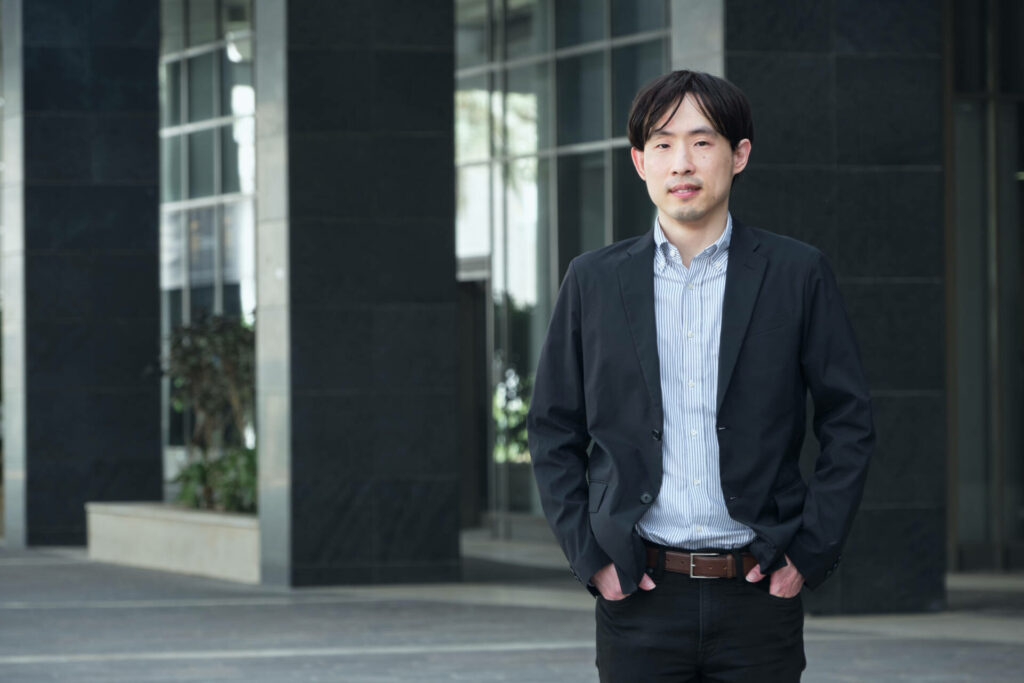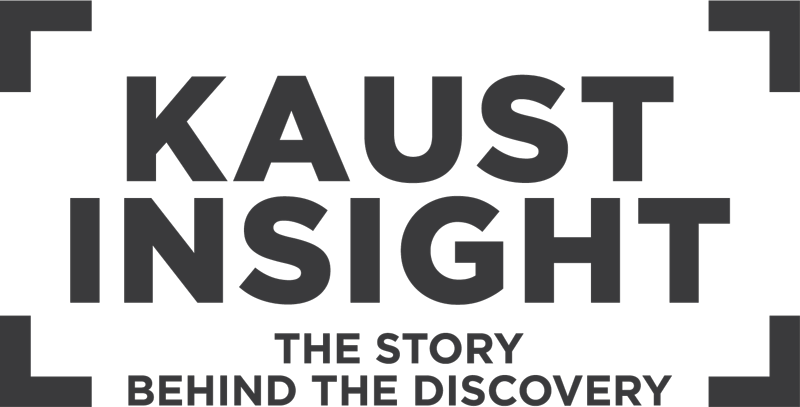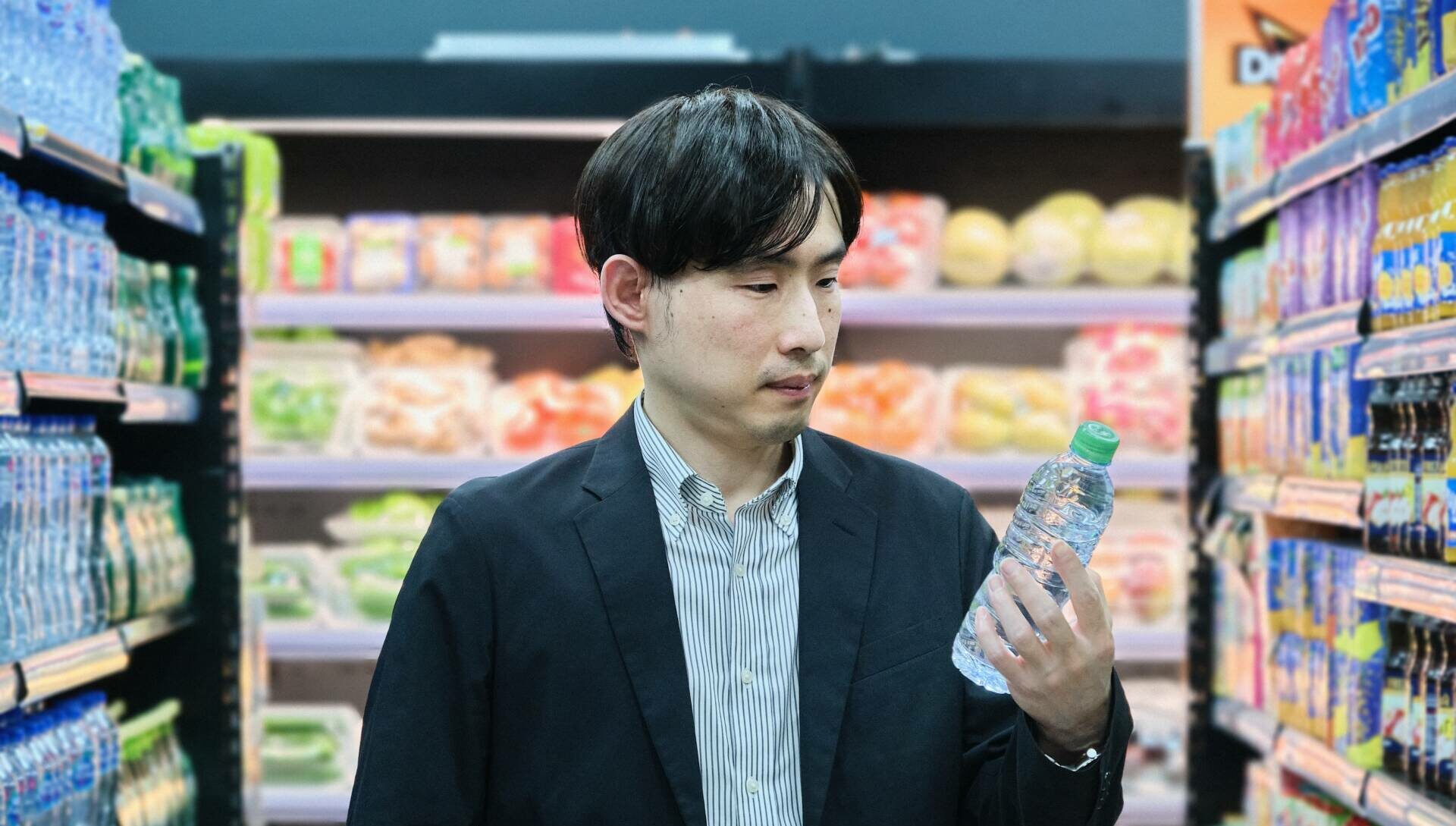Most people would assume that bottled water is more costly than water from a tap, but sustainability researcher Yoshihide Wada gently points out that this is not necessarily the case – it depends on the sources of water. In the same way, when environmentally conscious shoppers diligently buy locally produced food to minimize food miles, this may also not be the most sustainable choice, depending on where the food is produced.
Wada, an expert in global hydrology and food security who joined KAUST’s Center for Desert Agriculture and Climate and Livability Initiative in late 2022, emphasizes the interconnectedness of food and water.
“The link between water and food is very obvious but people often do not consider it when they go to the supermarket and buy fruit or vegetables. They do not think about the water footprint and where the water used to grow their food comes from.”
When nonrenewable ground water is used for food production, the cost is very high. In the hidden landscape below the ground, water stores are declining, which Wada describes as like losing savings in the bank. “We are using more water than is coming in. It’s a critical issue.”

Saudi Arabia has been conscious about conserving groundwater. However, since the war in Ukraine has jeopardized wheat imports, the country has started to expand its wheat production. Wada says this highlights how external shocks, such as those caused by geopolitics or climate change, can have an impact on a country’s food system.
Here is where a systems approach comes into play, explains Wada. “It is important to understand how external shocks will affect the food system in terms of the economy, water, energy and carbon emissions,” he says.
For consumers, such complexity makes it very difficult to compare food choices and know which is the most sustainable. For instance, if you compare the food coming from distant countries with food produced locally, then what is the footprint in terms of water as well as energy?
“It depends on the category of water, where you are and whether water supplies are declining,” says Wada.
Wada foresees a time, in the near future, when consumers will be able to compare fruit and vegetables in the supermarket based on their water footprint in dollar terms.
“My team is working to construct both water and carbon footprints for different crops. If you can put a dollar value on the cost of producing each food item, it makes it much easier for people to make informed choices.”
“If you can put a dollar value on the cost of producing each food item, it makes it much easier for people to make informed choices.”
“By providing consumers with information about the amount of natural resources consumed in the production of an item and the contribution to carbon emissions or water scarcity, we are giving people what they need to make sustainable choices.”
Wada is talking to Saudi Arabia’s Ministry of Environment, Water and Agriculture (MEWA) and the World Bank about ways to evaluate water. He is in discussion with MEWA about gathering data and investigating the concept of setting a price for groundwater.
Over the next few years, Wada’s team, which includes experts in water resources management, hydrology, energy, agriculture, food, demography and economics, will work on the disciplinary method and integrated assessment to develop a system science tool to contribute to national adaptation plans.
“For Saudi Arabia, I think there are a lot of opportunities for using such tools because the country has a lot of targets, such as Vision 2030 and net zero emissions by 2060, and the roadmap is relatively open,” he notes. “There are still opportunities for us to provide guidance and substantially reduce the cost of adaptation and the burden to society and the environment.”
“There are a lot of opportunities for using such tools because the country has a lot of targets, such as Vision 2030 and net zero emissions by 2060.”
Wada is relishing the opportunity at KAUST to work on local problems and very solution-oriented research. He has also attracted much interest from colleagues who are keen to enlist his help to evaluate how to upscale their technologies or connect with relevant policies and issues.

